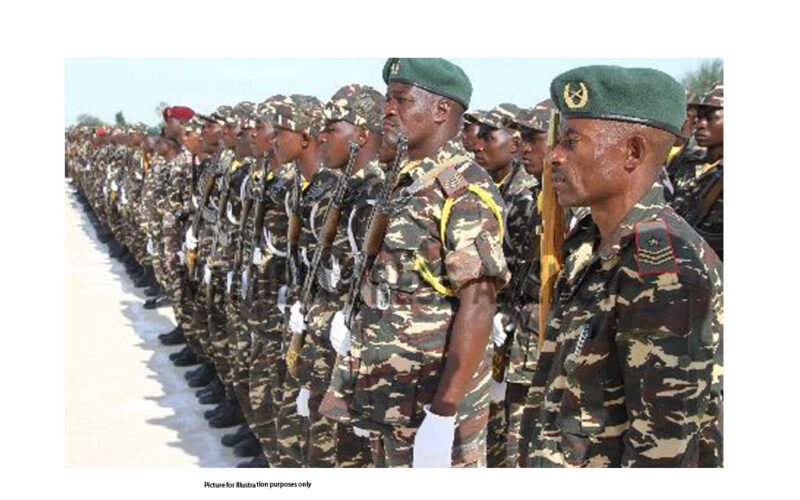Stefanus Nashama
Police Officers, members of the Namibian Defence Force, Namibian Correctional Service and Windhoek City Police Officers have been warned to desist from entering betting facilities for the purpose of betting while in full uniform.
This comes after some members of the force and members of the public, told this publication that they deemed it wrong for officers or officials to be engaging in betting while in uniform whether they are on or off duty.
One police officer, who preferred anonymity, said he often sees his colleagues going to betting facilities to do their business, which according to him is against the code of conduct and ethics. He said that he is unable to say anything to his colleagues about it because they are all his seniors and they might take offence and reprimand him.
“They invited me once and I told them I had to rush somewhere else quickly. I found it so uncomfortable to be in such places while in uniform. I think betting houses fall under the gambling and liquor law, which goes against our code of conduct. It may be that my colleagues are not aware of that law. It feels so wrong to me,” said the junior officer.
A public member who only identified himself as Benjamin said law enforcement members are human beings and they should be allowed to enjoy their lives and participate in what they consider reasonable while still respecting their uniform.
“They should never forget what they represent in society. A society without order and protection is compromised,” Benjamin stressed.
Deputy Commissioner, Kauna Shikwambi, the head of the Namibian Police’s Public Relations Division, told Windhoek Observer yesterday that it is unacceptable for a police officer to engage in betting or any disgraceful and unbecoming behaviour while in uniform
“This is completely against the ethics of the Namibian Police, its Code of Conduct and disciplinary code,” she said.
Shikwambi explained that in terms of the Police Dress Code, police officers are guided by the Stores Manual Dress Order Chapter 9, which clearly stipulates how and what not to do while wearing the uniform or parts of it.
She emphasised that a police uniform represents governmental power that demands complete respect and honour. She stressed that police officers are expected to respect the uniform they wear.
Shikwambi encouraged the public to immediately report such behaviour to the relevant authorities.
The Head of Public and Media Relations at the Namibian Correctional Service, Assistant Commissioner Salmi Hangula, said it is inappropriate and unethical for a correctional official to enter a betting or gambling house while in uniform.
“Correctional Service officers are expected to uphold high standards of professionalism, integrity and adherence to the law,” Hangula noted.
She said engaging in betting or gambling activities is a personal choice, however, there are some factors that should be considered by correctional officers.
“Engaging in unethical behaviour will potentially compromise their position, undermine public trust and the credibility of the Correctional Service and the country. Officers need to maintain a strong ethical code and avoid any behaviour that may compromise their professional integrity,” she advised.
In terms of section 50 (n) of the Correctional Service Act of 2012, (Act No. 09 of 2012), a correctional officer commits a disciplinary offence and is guilty of unlawfully entering licensed premises when on duty he or she enters.
“It is never acceptable, except when a correctional officer’s presence is required in a public bar licensed for the sale of intoxicating liquor in the execution of duty. Being in any shop to buy intoxicating liquor is against the correctional code of conduct,” she explained.Windhoek City Police Spokesperson, Marcelline Murapo, said their members are not allowed to engage in betting or gambling while in uniform or when on duty. “Windhoek Municipal Police Service Regulations, Act of 1990, says city police members can be held liable when they conduct themselves in a disgraceful improper or unbecoming manner. This includes when they enter any room or place being used for the manufacture, storage, sale or supply of intoxicating liquor except when in the performance of their duty,” she said.




